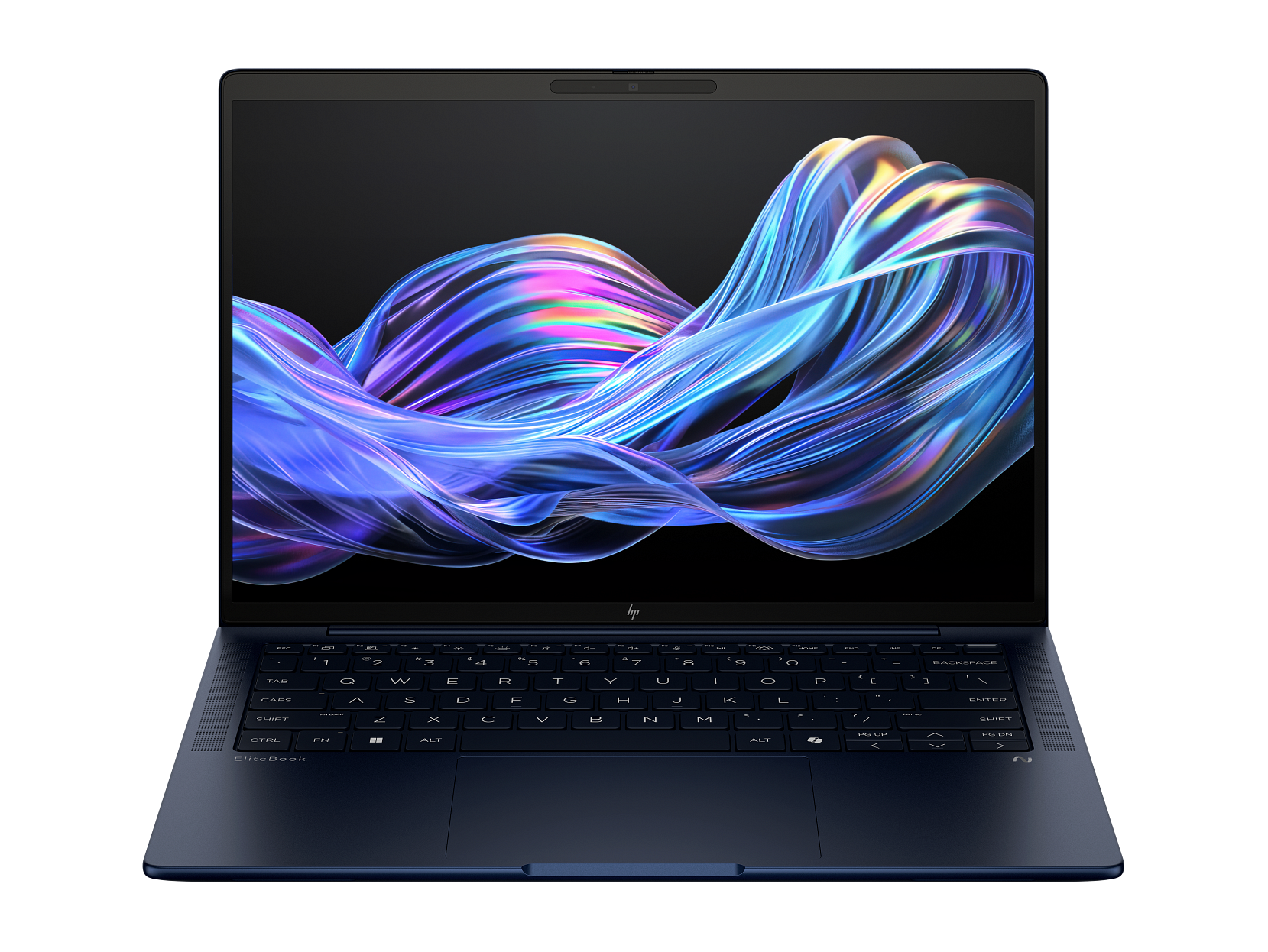Dell has hit the giant reset button this year in regard to how it names and organizes its large lineup of laptops. Iconic proper nouns like “XPS” and “Inspiron” are now gone in favor of more common words like “Pro” or “Plus”. On the other hand, HP is largely sticking to its current naming convention, but the company’s ever-expanding lineup of laptops is becoming increasingly complicated to follow especially when the models can appear very similar.
The most recent example involves the HP Envy x360 16 and HP OmniBook X Flip 16. Both are 16-inch convertibles with the same ports, same battery capacity, and with very similar dimensions and essentially the same weight. They differ when it comes to their keyboard frames, slight exterior touches, choice of processors, and choice of display panels. One might expect a certain model to cost much more than the other, but sales often put the Envy and OmniBook models in the same ~$1000 USD price range.
Another example involves the HP EliteBook X G1i 14 and HP EliteBook Ultra G1i 14 which are again two different 14-inch models that are otherwise very similar both visually and internally. The “X” model is limited to a 1200p IPS touchscreen while the “Ultra” model comes with an 1800p OLED touchscreen instead. Other very slight differences include their battery capacities (64 Wh vs. 68 Wh), weight (2.60 lbs vs. 2.63 lbs), and thicknesses (0.48 inches vs. 0.59 inches).
Most users shopping for a new HP laptop may find it difficult to tell certain models apart without scrutinizing the specifications or pictures. The “Ultra”, “X”, “Envy”, and “OmniBook” names in particular are arguably ineffective at distinguishing between lower-end and higher-end models. HP may want to consider merging some models or names to streamline the buying experience for laymen.

After graduating with a B.S. in environmental hydrodynamics from the University of California, I studied reactor physics to become licensed by the U.S. NRC to operate nuclear reactors. There’s a striking level of appreciation you gain for everyday consumer electronics after working with modern nuclear reactivity systems astonishingly powered by computers from the 80s. When I’m not managing day-to-day activities and US review articles on Notebookcheck, you can catch me following the eSports scene and the latest gaming news.
